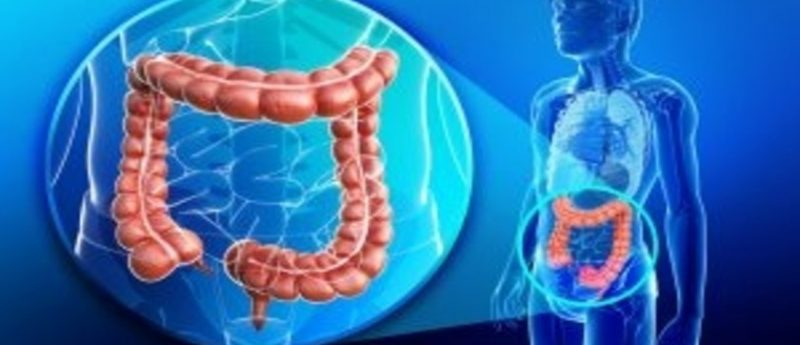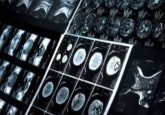Stem cells provide new theory for bowel cancer development

Researchers from the Walter and Eliza Hall Institute (Melbourne, Australia) have challenged previous thought on bowel lining development and in the process suggested a novel mechanism for the onset of bowel cancer.
The research, carried out by Chin Wee Tan and Tony Burgess (both Walter and Eliza Hall Institute), utilized 3D-imaging technologies to demonstrate that stem cells are responsible for maintaining crypts, a key feature of the bowel lining, through a process termed budding. Researchers believe that this newly discovered process may have potentially huge implications for current understanding of bowel cancer.
Intestinal crypts are responsible for producing mucus and absorbing nutrients and water, and die at a rate of around 300 cells per day. Previously it was believed that these crypts were replaced in early development by the splitting of existing crypts and only regenerated in adults after serious damage.
However, the Melbourne-based team have provided evidence contrary to this. Tan commented: “We showed new crypts continue to be produced at a low but detectable rate in adults, not only during early growth, but as a normal part of bowel maintenance. Our images clearly showed new crypts start from asymmetrical ‘buds’ that develop at the bottom of the crypt, not by each crypt splitting down the middle.”
The finding caused the researchers to consider a potential link between the budding process and bowel cancer. “We showed that as part of normal intestinal development only one bud at a time is generated by each regenerating crypt,” Tan continued. “In precancerous and cancerous bowel tumors, we see a lot of out-of-control budding, and many buds associated with a single crypt, suggesting the genes that exert control over the budding process may have been ‘lost’, initiating bowel cancer development”.
As the leading cause of cancer-related deaths in the developed world, the findings provide new insight into the disease, suggesting that crypt-generating stem cells are likely to initiate bowel cancer development.
The changes that promote this uncontrollable budding of stem cells are thought to be related to the APC gene. “Eighty five percent of all bowel cancers have lost APC function, and all have excessive crypt budding,” explained Burgess. “APC is essential for controlling crypt production and maintaining adhesion between bowel stem cells. Losing APC disturbs control of bowel stem cell location and production, causing ‘chaotic’ growth of crypt buds and leading directly to precancerous and cancerous growths.”
The research group now aim to discover the true role these cells are playing in bowel cancer development. “It is essential to know whether these stem cells are driving or maintaining cancer development, as they behave very differently to other bowel stem cells.”
Sources: Tan CW, Hirokawa Y, Gardiner BS, Smith DW, Burgess AW. Colon Cryptogenesis: Asymmetric Budding. PLoS ONE. 8, 10, e78519 (2013); Walter and Eliza-Hall Institute of Medical Research press release





